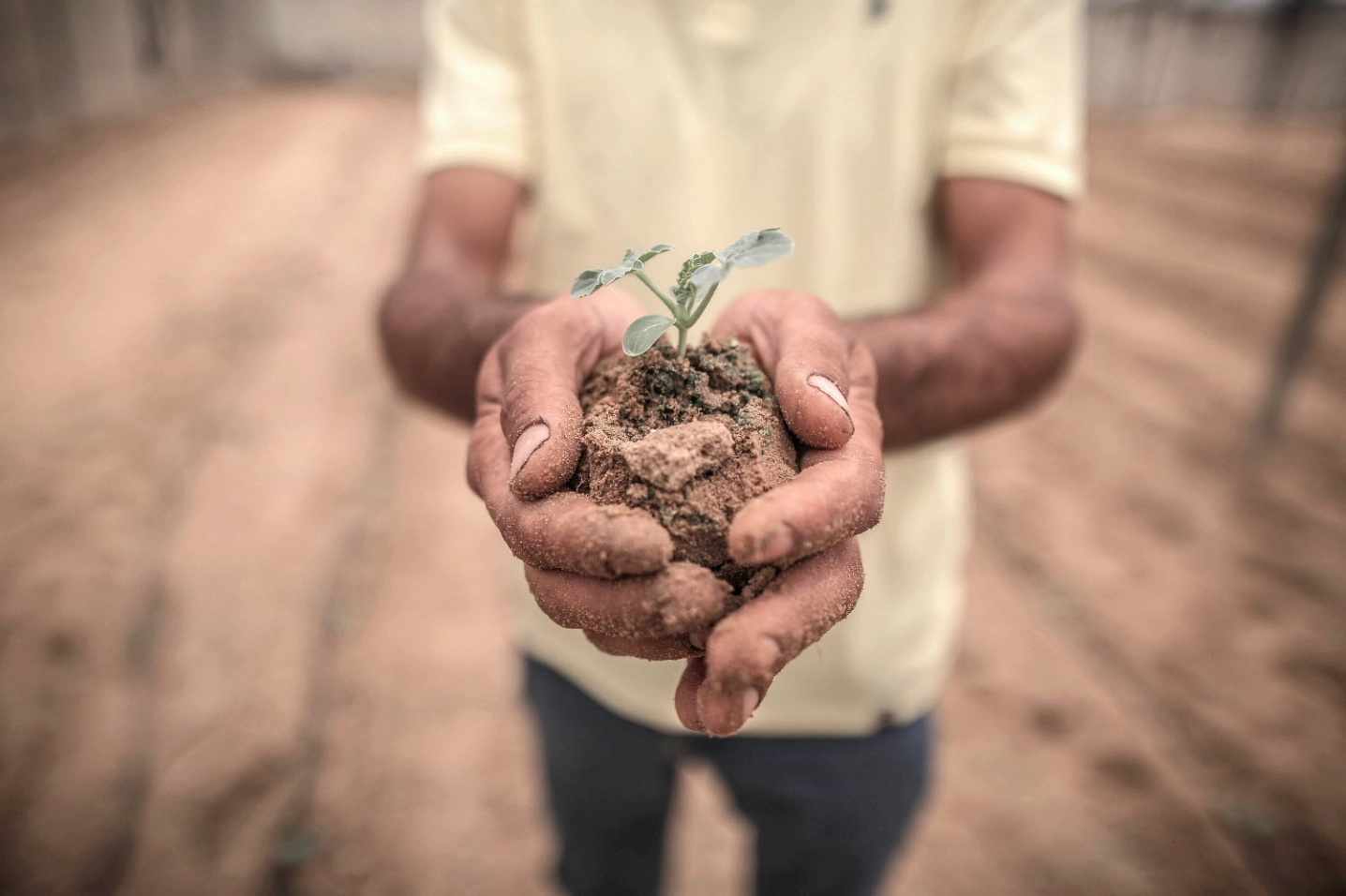The creation of the Loss and Damage Fund at the 27th United Nations Climate Change Conference (COP27) held in Egypt in 2022 was hailed as one of the major achievements of this meeting. This fund, designed to provide financing to vulnerable nations to address the impacts of climate change, represented a crucial breakthrough after decades of pressure from developing countries, especially those in the global South.
One year after this historic milestone, countries and territories of Latin America and the Caribbean continue to suffer the consequences of climate change, with impacts that go beyond the economy and affect all aspects of daily life and the natural habitat. We wonder when the funding will arrive and whether it will be sufficient to compensate for the losses and damage to human, animal, and environmental health.
In this context, the “One Health” and science diplomacy approaches emerge as key aspects to strengthen regional collaboration and enhance adaptation and mitigation capacities in the face of climate change.
On the one hand, the “One Health” concept seeks to address the interconnection among human health, animal health, and the environment. Launched in the early 2000s by the World Health Organization (WHO), this approach promotes multisectoral and transdisciplinary collaboration at the local and global levels, integrally addressing economic and non-economic factors. On the other hand, science diplomacy is an essential tool to promote international cooperation and the articulation of global efforts to mitigate these interconnected impacts. Science diplomacy promotes collaborative research and knowledge sharing and facilitates the formulation of science-based public policies.
The response to the losses and damages that climate change causes and will continue to cause in the region could be based on these two approaches, promoting regional collaboration to address problems that are global in scale but local in impact. In addition to the scientific evidence that informs public policies, the participation and commitment of multiple sectors of civil society, governments, and the private sector is required.
While the Fund approved at COP27 focuses predominantly on economic losses and damage, such as the costs of rebuilding infrastructure damaged by flooding or sea level rise, it is essential to recognize the complexity of another type of loss and damage: non-economic. The latter are difficult to quantify, but profoundly affect individuals, communities, and ecosystems.
In the Latin American and Caribbean region, the most significant non-economic losses and damages caused by climate change concern four areas. The first is the spread of zoonotic diseases such as Covid-19, which pose a threat to physical and mental health and impact all aspects of daily life. The second is the loss of biodiversity and pollution, which impacts the environment and animal health, directly affecting human health. The third is the loss of ancestral knowledge, which has consequences on the identity and ways of life of local communities, as well as on mental health. Finally, in fourth place, we find food insecurity, which compromises safe and sustainable practices, with repercussions on both human and animal health.
It cannot be ignored the trauma generated by the survival or forced displacement of a community by extreme weather events. To what extent can money compensate for the loss of social ties, the deterioration of the quality of life, practices, and ancestral knowledge of the affected communities? Clearly, people will prefer to remain close to their family and community before displacement. In this sense, funding for their adaptation becomes central.
The “One Health” approach for Latin America and the Caribbean
The key question is whether there can be sufficient compensation for these losses. The answer is probably no because there is no monetary figure that can fully restore the disappearance of a world and a way of life, as these are particularly significant losses.
The “One Health” approach thus becomes fundamental to understanding these non-economic aspects and the progress of developing countries, as it allows us to consider the non-economic losses and damages in the communities of the global South with the same commitment as the economic ones.
Ultimately, we strongly believe that the promotion of sustainable practices and awareness of the connection between human health, animal health, and the environment are crucial to mitigate these non-economic losses and damages and that regional collaboration under the “One Health” approach can improve resilience and achieve prosperity and sustainability in the Americas.
*Translated by Janaína Ruviaro da Silva from the original in Spanish.













